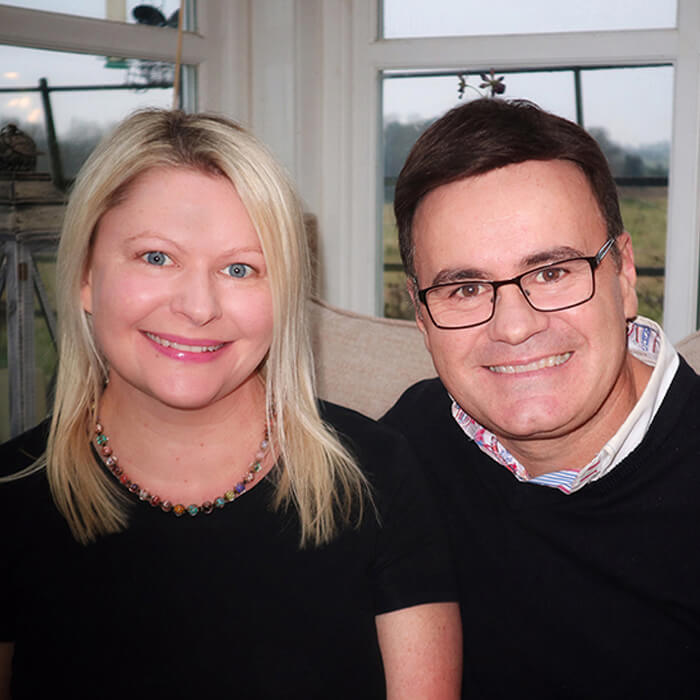by Guest contributor | Mar 15, 2014 | Travel Live Learn in the media, Traveller tales and interviews

Listen to Lauri’s March 2014 podcast on the book marketing process
There are any numbers of ways for authors to write, market and promote their books. The right way is whatever works for them. It’s a very individual choice. This article is to help people write books that achieve the author’s personal and professional goals.
Marketing is the key to success. A great book without good marketing has very little chance of success; however a decent book with great marketing can be very successful. The earlier a marketing plan is developed and executed, the better the result.
Book marketing process
Start Early
It’s best to start marketing a book is when it’s still in the development phase. Find out what the reader wants early. This will prevent wasting countless hours writing a book that people aren’t interested in reading.
Marketing campaigns should create interest for the book and the author. The idea is to have people hungry for the information included in the book, prior to the launch. By marketing right away and incorporating content marketing strategies, the author will excite and engage potential readers, while moving them closer to the sale.
Mix it Up
A content generation strategy uses content to attract the audience. The best strategies deliver a mix of content that incorporates the three learning styles, which are visual (seeing), auditory (hearing) and kinesthetic (engagement). When I create content marketing campaigns, I focus first on my client’s primary method of delivery, then round out the content with secondary methods. For example, if my client is a writer, most of the content will be delivered in written form. The writings are supplemented with videos, MP3s, photos, music, quizzes, questions, surveys, contests, games, etc. Of course, Social Media platforms are used extensively. We work hard to provide information so valuable that people will eagerly exchange their name and contact information to get it.
Develop As You Go
One easy way to create content is to choose some of the main points of each chapter and write an article about each of them. If you plainly state that the information is from your forthcoming book, people will have their curiosity tweaked. After they see a few of these articles about your book they will be hooked.
Invite people to preorder your book. A savvy web developer could set up a landing page that will support preorders. Make sure to be creative in your requests.
Roll Cameras
Video is another powerful tool in the marketing campaign. People increasingly make purchasing decisions as a result of watching videos. A series of clips promoting the book could dramatically increase orders. One great thing about video is that it works while you sleep; meaning people are tuning in, watching, leaning and thinking about your book while you are free to manage other things.
These are just a few of the things that I use to position my client’s books as bestsellers.
- Did you miss Step One – How to Begin the Book Writing Process? –read more
- Or Step Two – Understanding Your Book’s Reader? –read it now
Stay tuned for Step Four – Author’s Checklist – Know the Parts of Your Book
About the author
Speaker, author, TV host of Focus Forward, Lauri Flaquer has extensive entrepreneurial and media experience. As founder of Saltar Solutions, she guides her clientele of international business owners to excel as entrepreneurs. Formally in TV production at NBC, CNBC and Bloomberg LP, Lauri produces/ hosts Focus Forward, a show dedicated to helping entrepreneurs soar! Lauri has been the publicist and marketing director for several best-selling book campaigns. To learn more about marketing contact Lauri or Tweet her, @SaltarSolutions.
Are you in the process of writing a book, or have you just finished one? We’d love it if you left a comment below, or found us on Facebook or Twitter. And if you think others would find this series useful, go ahead and share.

by Guest contributor | Mar 3, 2014 | Travel Live Learn in the media, Traveller tales and interviews
Welcome to step two of a six part series on how to prepare for the book writing process. If you missed the first article in this series: Step One – How to Begin the Book Writing Process, here’s the link.
Before you can write a book that will be embraced, you must first understand your reader. Keep in mind that there are many ways to gather this information. Some future authors initiate casual conversations, do online research, join topic appropriate groups or create surveys. I suggest all authors start in the bookstore. It’s a great place to begin the journey from where you are now to bestselling author status. While at the bookstore take notice of the huge sections are dedicated to the popular topics.
The following questions are important to first ask yourself and then ask people who might be the market for your book.
Who’s going to read your book?
The first and most important thing is to think about the audience. What interests them? What are their challenges, what excites them and motivates them to do, be and have more? Are they intent on losing weight, having a great relationship, reaching a higher level of success, being able to afford that new car or paying for their kid’s sports season?
Know what interests them
Maybe your audience is other business owners. If so, this should be even easier. What are they interested in? Are they focused on increasing revenue, decreasing costs, gaining the competitive edge, or is it some new industry or legislative change that has them alarmed?
What challenges are they facing?
Keeping an eye on what your readers are experiencing is always a good idea. Often writers find a niche and stay within it so they can focus on a particular market. They easily understand the reader, their challenges and their daily life. This allows the author to offer insightful solutions and increase their own credibility. Finding a niche and sticking with it can lead to “expert” status. Apart from writing, this elevated status could open doors to speaking, training and consulting.
What excites them?
Understanding their hopes, dreams and desires is just as important as knowing the reader’s challenges. By getting a picture of what they are striving for, the writer can shed light on how they might get it. People are frequently too close to their situation to see a clear path to what they want. While they struggle, an outsider’s viewpoint can steer them in the right direction. A knowledgeable writer, with insights into an audience, will be in a unique position to impact individuals, and the group, while standing out as a leader.
The reader needs to be present at every stage of the writing process. Keeping in touch with them mentally, will keep you on the right track towards delivering a book that is well received and valuable.
You won’t want to miss the next part of this series, Step Three – Starting the Book Marketing Process.
Did you read part one on how to begin your book?
About the author
Speaker, author, TV host of Focus Forward, Lauri Flaquer has extensive entrepreneurial and media experience. As founder of Saltar Solutions, she guides her clientele of international business owners to excel as entrepreneurs. Formally in TV production at NBC, CNBC and Bloomberg LP, Lauri produces/ hosts Focus Forward, a show dedicated to helping entrepreneurs soar! Lauri has been the publicist and marketing director for several best-selling book campaigns. To learn more about marketing contact Lauri or Tweet her, @SaltarSolutions.
Are you in the process of writing a book, or have you just finished one? We’d love it if you left a comment below, or found us on Facebook or Twitter. And if you think others would find this series useful, go ahead and share :-)

by Guest contributor | Feb 24, 2014 | Travel Live Learn in the media
Everybody’s doing it. You can’t look at social media, industry journals or a magazine that you don’t see authors using their new books as a means of getting attention. Don’t be jealous! With the help of this article, a topic and a computer, you can do the very same thing.
It’s important to first organize your thoughts around your book. In order to clarify your topic and focus your message, answer the following questions. The more deeply you dig into your motives, the better prepared you will be to take your book idea to the next level.
Book description
Write a short synopsis of the book, just a few paragraphs will do. If you have pages and pages of the description, you haven’t clarified your book enough. Keep writing, rereading and editing to get to the heart of the book.
Why are you writing this book?
What is your motivation behind this undertaking? This is another question that requires you to get specific. Many people don’t take the time to explore this question and end up with a book that doesn’t grab the reader or help the author reach their personal and professional goals.
Why are you the right person to write this book?
What experiences, education, unique viewpoint, or successes regarding the topic do you have to share? Why are you the right person to deliver this message or address this topic?
What are you specifically bringing to the reader that they don’t already have?
Are you helping people save time, money, or effort? Are you offering a new way to do something? Are you helping your reader solve a problem, meet a challenge or overcome a roadblock? Maybe you’re just entertaining the reader and that’s okay too.
What are your ideas for marketing your book?
Are there any obvious channels that you can think of, off the top of your head that would help you sell your book? If you have access to lots of people, are a member of a large group or know people who are it’s a good idea to start creating a list.
What are your wildest dreams as a result of this book?
Many people focus so much on the possible that they under estimate their book and themselves. Don’t start the book writing process with a compromise. Dream big and you may reach some pretty lofty goals.
Congratulations!
Now that you’re well on your way to solidifying your message and initial ideas for your book, you’ll want to stay tuned for Step Two – Understanding Your Reader.
About the author
Speaker, author, TV host of Focus Forward, Lauri Flaquer has extensive entrepreneurial and media experience. As founder of Saltar Solutions, she guides her clientele of international business owners to excel as entrepreneurs. Formally in TV production at NBC, CNBC and Bloomberg LP, Lauri produces/ hosts Focus Forward, a show dedicated to helping entrepreneurs soar! Lauri has been the publicist and marketing director for several best-selling book campaigns. To learn more about marketing contact Lauri or Tweet her, @SaltarSolutions.
Are you in the process of writing a book, or have you just finished one? We’d love it if you left a comment below, or found us on Facebook or Twitter. And if you think others would find this series useful, go ahead and share :-)




